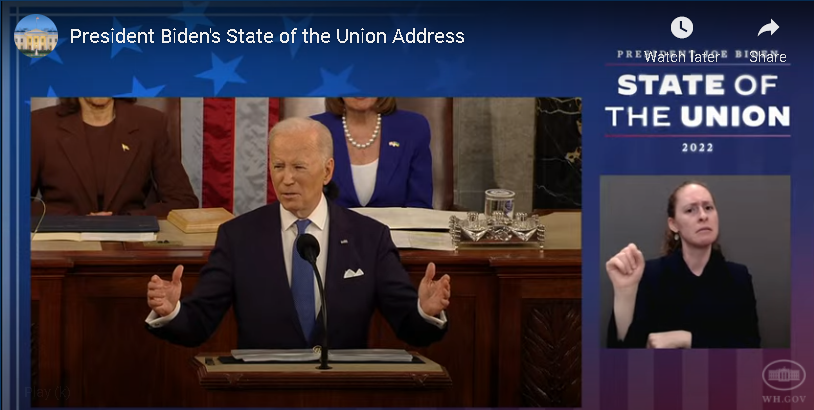Search
Trump Rescinds Biden’s Labor Orders: What It Means for Federal Contractors

On March 14, 2025, President Trump revoked two significant Biden-era executive orders, bringing major changes to federal contracting policies: Continue reading

On March 14, 2025, President Trump revoked two significant Biden-era executive orders, bringing major changes to federal contracting policies: Continue reading

Last week, the Supreme Court clarified employers can show how certain employees don’t need to be paid overtime or minimum wage under the Fair Labor Standards Act (FLSA)
Spoiler alert: it’s not as tough as some courts thought. Continue reading

While monkeying around over the past week or so, I took a break from writing. By now, most of you have heard last week’s news about a Texas federal judge setting aside the FTC’s Noncompete Rule. But on Friday, the Fifth Circuit followed up with a decision vacating a U.S. Department of Labor final rule limiting the time tipped employees can spend in non-tipped activities when the employer receives a tip credit.

The Fair Labor Standards Act (FLSA) is the federal wage and hour law that protects all covered workers from substandard wages and oppressive working hours by requiring that employers pay employees minimum wage and overtime when they work more than 40 hours in a workweek.
Determining who counts as an employee is a fact-specific. The ultimate determination turns on the “economic reality” of the relationship between the parties involved.

Federal law requires most companies to pay minimum wage and overtime pay for employees unless they qualify for an exemption. Employees generally must meet certain tests regarding their job duties and get a salary of at least $684 per week, which works out to just $35,568 per year.
But a new overtime reform bill introduced earlier this week in both the House and the Senate aims to boost that salary level yearly until 2027 to make it much easier for salaried American workers to be overtime eligible. Continue reading

The Fair Labor Standards Act makes it unlawful for employers to retaliate against employees who complain about violations of the FLSA. However, I don’t think the drafters of the law considered physical assault as a form of retaliation.
But the U.S. Department of Labor is now suing two employers and their owner. They allegedly responded to an employee’s request for his paycheck by beating him up, which resulted in a trip to the emergency room. Continue reading

Earlier this month, the U.S. Department of Labor announced that an investigation into a Japanese restaurant had uncovered violations of federal wage and hour laws, resulting in 75 servers, sushi, and hibachi chefs not receiving all of their legally earned wages.
The final bill was $171,834.
That’s a lot of toro and high-end sake. Continue reading

Always wait at least one hour before swimming after a large meal. That big brown shark in the swimming pool isn’t always a Baby Ruth. Hold the cue stick properly. Chalk up before each shot. These are solid (and mildly off-putting) pool tips.
But let’s talk about tip pools instead. Continue reading

In case you missed President Biden’s State of the Union Address last night, I’ve got you covered with everything HR compliance that came up. Continue reading